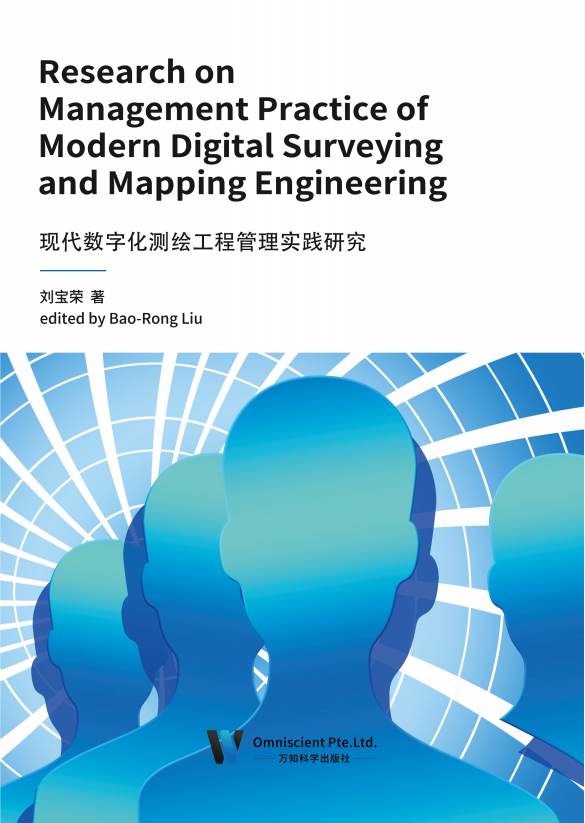
现代数字化地图测绘技术具有很大的发展优势,相对于传统的人工测绘而言,不仅提高了测绘工作的效率,减轻工作人员的工作压力,更重要的是大大提高了测绘的精确度,提高了测绘数据的准确性,因此具有较大的发展空间。
数字地图测绘技术与传统的测绘手段相比,具有强大的优越性,主要体现在以下几个方面:第一,数字化地图测绘技术主要立足于现代信息技术,立足于数字化技术,因此可以进一步简化绘图过程当中手工操作的步骤,简化绘图流程,从而减少人力资源成本方面的投入。工作人员只需要通过计算机当中的画图软件,就可以绘制出所需要的地图,当地图绘制完成之后工作人员如果在检验过程当中发现问题,还可以在不破坏地图的情况之下进行修改,进一步提高绘图的质量。第二,数字化地图测绘技术所绘制出来的地图精确度比较高,而这主要是在数据采集工作当中,数据采集的准确性比较高,数据采集的方式主要是碎步点采集,主要利用的是RTK或者是全站仪,并且随着后期光电测距技术的进一步发展,在地图距离方面的测量精确度又得到了进一步提高。第三,可以快速的对地图进行内容的更新。因为随着经济的发展,城市的规模在不断的扩大,同时,一些老城区也在进行拆迁工作,城市线路的数量在不断增加,建筑物的结构越来越复杂,因此需要不断的对地图信息进行更新,而现代化信息技术就可以提高数据信息更新的速度。比如说在房产变更工作当中,工作人员只需要在计算机上输入相关的信息,并对这些信息进行分析处理,就可以快速的进行信息修改,并且不破坏原有的信息。第四,可以实现测绘活动的自动化发展。在测绘活 动当中利用数字化地图测绘技术,工作人员只需要在软件当中下达相关的指令,就可 以自动化的进行数据的收集和记录,并且对已经完成的成图快速的处理,工作人员并不需要花费大量的精力,并且相对于传统的人工操作而言,效率更高,质量更好。
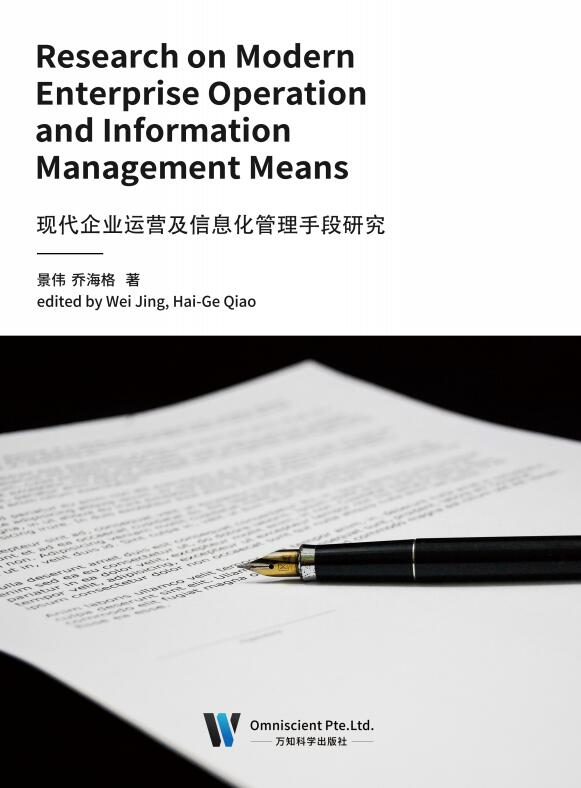
目前,我国的市场环境发生了巨大变化,企业的运营管理理念也应适应于市场机 制的改变而进一步改进。企业发展环境具有两面性,其一,为企业的发展带来了诸多机 遇;其二,加大了企业的挑战。因此,企业在新型的市场环境下应立足于企业自身的发 展状况,积极拓展空间,逐渐寻找适应于企业经营发展的管理方式,使得企业能够在竞 争激烈的市场环境中得以立足。
在企业发展规划中,企业管理的信息化是关键环节,能够直接为企业提供服务,同 时,在实行信息化后,也能够促使企业利润的增加。在实行企业管理信息化的时候,因 为一部分企业欠缺一定的风险意识,而且企业文化也与信息化产生一系列的冲突,从而 阻碍了信息化的发展。为了确保企业管理信息化可以顺利实行,一定要加大企业员工对 信息化的认识,有效的促使企业效益的提高,最终才能确保企业健康稳定发展。
企业信息化是企业利用现代信息技术,通过对信息资源的深化开发和广泛利用,不 断提高企业生产、经营、管理、决策的效率和水平,进而提高企业经济效率和企业市场 竞争力的过程。企业信息化技术现已日趋成熟,被众多的企业所采用和接受,并在企业 的经营活动中发挥着越来越大的作用。企业信息化的实施是企业的变革,是新型技术的 引入,是管理观念的创新,是人的思想的彻底改变,是提高企业竞争力和效率的根本保 证。本书是一本关于现代企业运营及信息化管理手段研究的专著,从企业运营和信息化 管理两个方面入手,对企业的管理手段进行研究分析,以供参考。
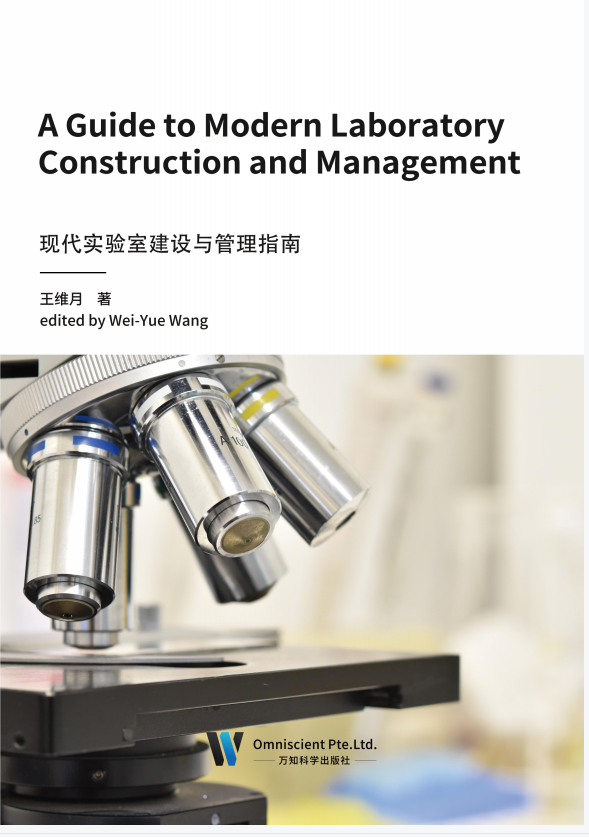
目前,我国检测实验室检测质量控制与保障的理论和实践探讨较晚,成果不多,也不太系统。此外,对检测质量控制与保证体系的有效性评价缺乏深入研究。因此,文中通过系统分析宝能公司实验室存在的质量管理问题,试图找出一些有针对性的质量控制和保证对策,以提高实验室检测质量的控制和保证能力。同时,希望通过提高质量管理水平来提升实验室的整体管理水平,为客户提供高满意度的检测服务。
随着科学技术的不断发展,如何不断提高实验室检测的质量保证能力,扩大实验室的影响力,是一个需要长期思考的问题。例如,在计算机软件和人工智能、质量保证监控系统和质量体系运行质量自我评价方法等方面,还需要进一步研究。全面质量管理的思想和理论也将进一步应用于实验室质量管理领域。
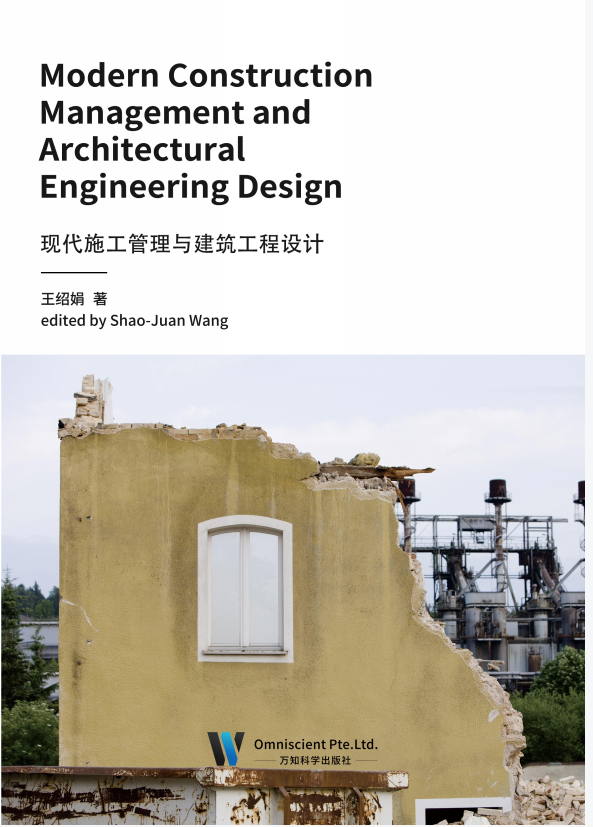
随着社会的不断进步和发展,建筑工程项目和施工工程的规模也在不断变化,项目数量增多、规模的增大成为当前建筑工程施工中的主要形式。建筑施工企业的生产方式和组织结构发生了深刻的变化,在施工过程中,提高工程管理手段和管理措施在当前建筑工程中对其质量的提高有着重大的作用。
在进行建筑施工之前,首先要进行的是施工设计工作,施工设计为建筑施工勾画出具体的蓝图,指导建筑施工有条不紊地进行。若建筑施工设计存在问题,势必会影响建筑施工的效果,难以达到人们的预期需求。
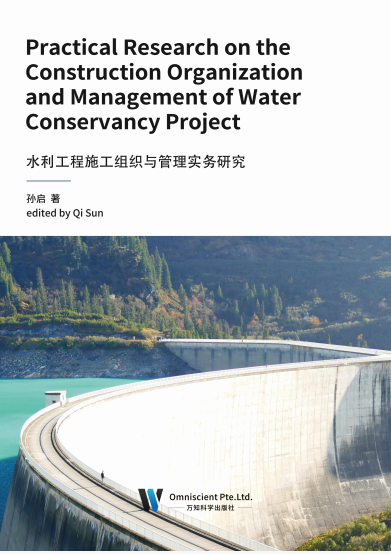
我国自古就有人工治水的传统,水利工程项目建设在我国具有久远的历史,在 我国发展历史上谱写了动人的篇章。水利工程项目因为对自然水系的走向调节而关系 着国计民生,同时也因为可以人为改变下表水系的分布状态而间接影响了自然生态环 境。水利工程项目的建设具有投资规模大、工程建设周期长、施工质量要求高的特 点,需要参建各方动用多种资源共同努力来确保成本、工期和施工质量控制目标的实 现;同时,水利工程项目建设完工之后,更需要投入巨大的资源进行管理,需要向管 理要效益,只有管理到位了才能确保发挥出预期的作用,才能取得理想的运营效果。 因此,研究水利工程项目的管理,既是项目建设的有效接续,也是确保理想使用效应 的基础。
水利工程在我国具有久远的建设历史,由于传统观念的局限,人们重视工程建 设而轻视工程管理,导致水利工程项目的建设效益无法得到最大限度的发挥。本专著 中,作者结合水利工程的相关概念,分析了当前水利工程管理中存在的共性问题,在 此基础上提出了改进的措施和方法,具有一定的可借鉴性。